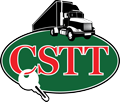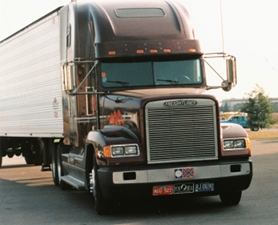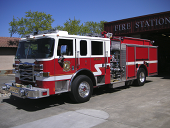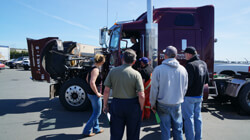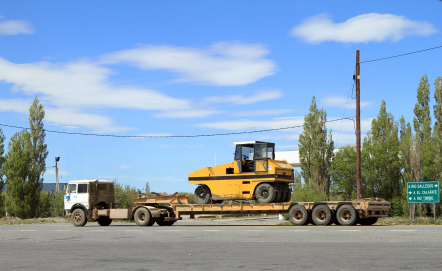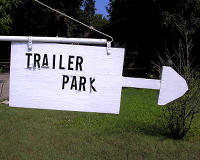B.C. is the latest province to implement mandatory entry level training (MELT) with the announcement made by the Ministry of Transportation & Infrastructure and ICBC on March 31, 2021.
B.C.’s MELT program for Class 1 drivers came into effect on October 18, 2021 and will exceed the minimum requirements set by the National Safety Code Standard. Training will include 140 hours minimum of classroom and practical training. Class 2, 3 & 4 requirements will remain unchanged at this time.
For more information, please refer to ICBC MELT FAQs
Our program includes theory & materials, in-yard sessions, in-cab (off-road & on-road) sessions, highway & mountain driving and tips.
To register you must have a Class 1 learners license plus a deposit. For more information, please call 1-250-655-0432.
